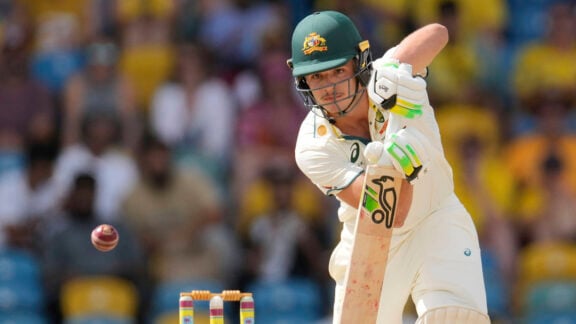Cancer patients in Australia may be missing out on critical treatments due to delays in them being approved by regulators, according to new reseach by the Peter MacCallum Cancer Institute.
This research shows that 43 per cent of treatment regimes used at the hospital were not included on the government’s Pharmaceutical Benefits Scheme. 192 of the 448 regimens – a drug or combination of drugs used to treat a particular cancer – were not PBS-listed.
The exclusion of certain treatments was because of the way they were used that differs to the way approved by the Australia’s national drug regulator, the Therapeutic Goods Administration.
Study co-author Associate Professor Michael Michael told The Age the Australian regulatory system was ”way behind the current clinical evidence for a variety of drugs”, potentially affecting treatment options for patients.
”It is particularly relevant where generic versions are available,” they research said. ”It has resulted in older, cheaper chemotherapy drugs being used off-label and therefore unfunded by the PBS, whilst many expensive novel therapies are licensed and reimbursed.”
Professor Michael, a gastro-intestinal oncologist, said it was a doctor’s role to provide patients with the best available evidence for them to make treatment choices.
”With drugs that are not funded on the PBS, some hospitals may have the capacity to pay for them if they are cheap and generic for instance,” he said. ”With high-cost drugs, we might tell the patient they are available but it is up to you if you want to pay for it or not.”






